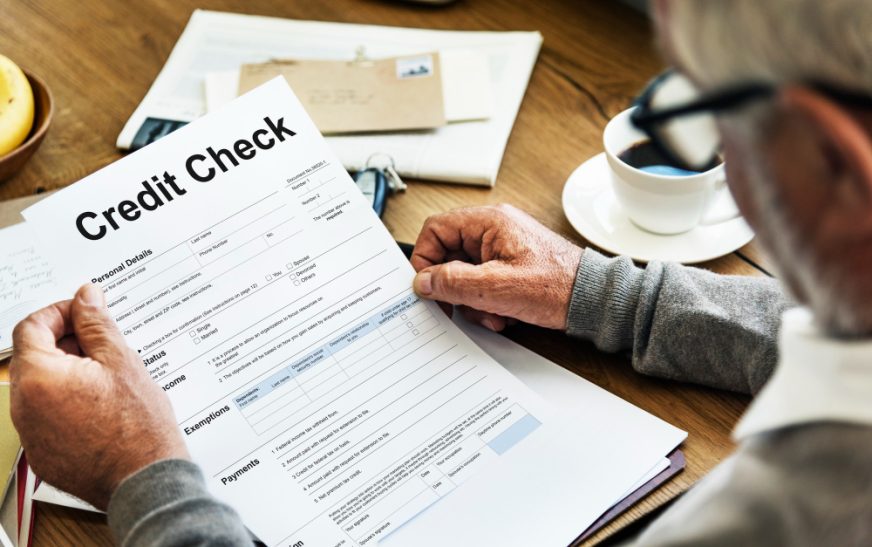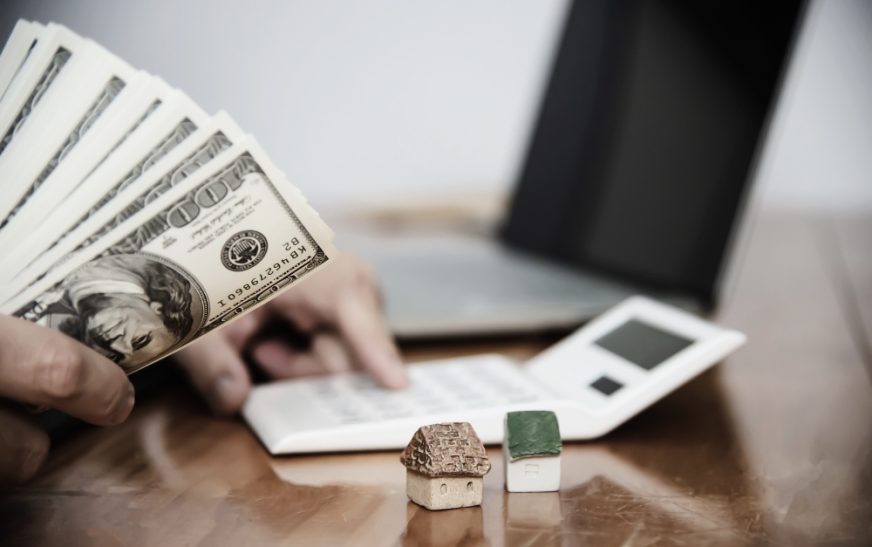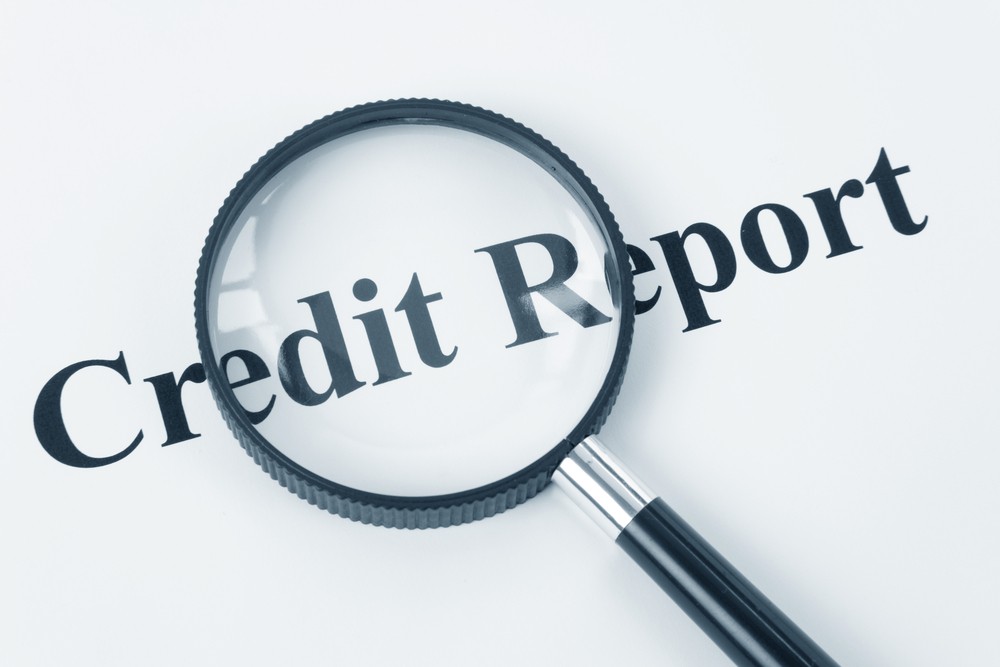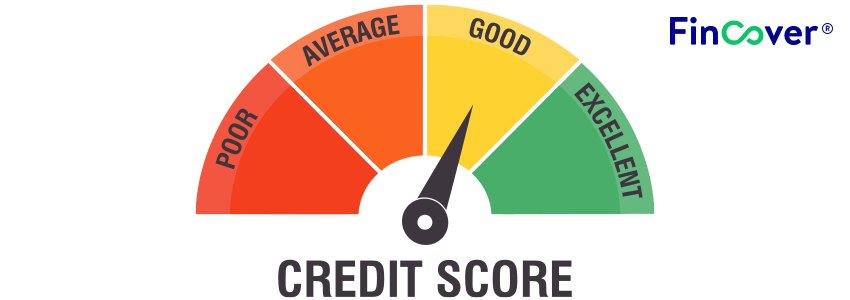Discover the ins and outs of credit reports, including their importance, contents, and impact on your financial health. Learn how to interpret your credit report.
How to read your Credit Report?
A Credit Report is a detailed record of your credit history. It includes information about your credit cards, loans taken, mortgages, payments, and outstanding debts.
Your report has personal information such as name, address, and PAN number. Lenders and creditors use your credit report to evaluate your creditworthiness and determine whether to approve your credit applications.
A Credit Report is made up of several components, as given below.
Credit Score: A score that indicates your creditworthiness. Credit scores range typically from 300 to 900, with 900 being the highest and 300 being the lowest. The score is calculated after considering several factors, such as credit history, age of Credit, credit inquiries, and other credit exposure. If you do not have a credit score, then it will be shown as NA/NH.
Personal Information: Personal Information contains details about your name, address, mobile number, date of birth, PAN no, Passport No, Voter ID, DL, and name of the current employer.
Account Information: This is the most essential part of the credit report. It contains complete details about your credit accounts, credit cards, monthly payment history, credit limit, payment information, outstanding amounts, and payment status. If you come across incorrect information about your credit account, you must raise it immediately.
Credit Inquiries: Credit Inquiries will list companies and the dates your credit report was pulled by the companies for credit application. It will also indicate the loan amount and the type of loan that you’ve applied for. If you come across some inquiries that you have never made, then immediately raise a dispute
What are the things that you have to note while reading your credit report
Review your accounts- Check for open and closed accounts; this includes credit cards, loans, mortgages, and other lines of Credit. Make sure you do not have any loans that you have not taken featured in your list
Check your personal information – If there are any errors in your personal information, then make sure to dispute it immediately. Having incorrect personal information up-to-date is very important
Check your credit utilization – Check the credit utilization ratio of every card listed in your account. It is the ratio of credit card balances to your credit limit. Ensure you keep your credit utilization below 30%
Payment history – Review your payment history in your credit report. Look for payments and loan EMIs collected because of late payment/nonpayment. It has a severe impact on you as a borrower
Why should you check your credit report?
Checking your credit report is essential in improving your creditworthiness and protecting yourself from financial risks.
- Identify Inaccuracies or Errors: Errors in your credit report can negatively impact your credit score. Checking your report regularly allows you to mark and report such inaccuracies.
- Detect Potential Identity Theft: Unauthorized accounts or activities on your report could mean identity theft. Monitoring your report helps you pick such issues early and take suitable action
- Track Your Credit Health: Your credit report reflects your creditworthiness and payment history. Checking it periodically helps you understand your credit health and identify areas for improvement.
- Be Credit ready: Lenders and creditors access your credit report when you apply for loans, credit cards, or mortgages. Reviewing your report in advance can help you initiate corrections for better credit possibilities.
DPD: Date Past Dues: This records the days an EMI is paid after the due date. If the borrower fails to repay even a single installment, the DPD will remain in your report for three years. Genuine DPDs entered cannot be removed. However, if there is a wrong mention of DPD, we can fix it.
FAQ on Credit Report
- What information is included in a credit report?
A credit report typically includes your personal information, credit accounts (loans, credit cards, etc.), payment history, credit inquiries, and public records like bankruptcies or liens.
- How do I interpret my credit score?
Credit scores range from 300-900 in India. A score above 750 is generally considered excellent, while a score below 600 is considered poor.
- What do the different sections of the report mean?
The personal information displays your identity. The accounts section lists all your credit accounts along with their details. The inquiries section shows who accessed your report based on your credit request. The public records section shows any legal filings against you.
- What should I look for in the accounts section?
Check if the account details (balance, credit limit, etc.) are correct. Look for any delinquent, missed payments, or incorrect DPDs that can negatively impact your score.
- How can I identify potential fraud or identity theft?
Look for any unfamiliar accounts or inquiries you didn’t initiate, which could signal identity theft or fraud.
- What should I do if I find errors or inaccuracies?
You can dispute the errors with the credit bureau by providing supporting documentation. Fincover has a service called credit360, where we can raise the dispute on your behalf with the credit bureau.
- What is the advantage of seeking the service of Fincover for credit improvement and credit report fixing?
Fincover offers personalized credit improvement plans tailored to each individual’s unique financial situation, ensuring targeted solutions for maximum impact
- How often should I check my credit report?
It’s recommended to check your credit report at least once a year from each of the major credit bureaus (CIBIL, Experian, etc.) to monitor your credit health.


















